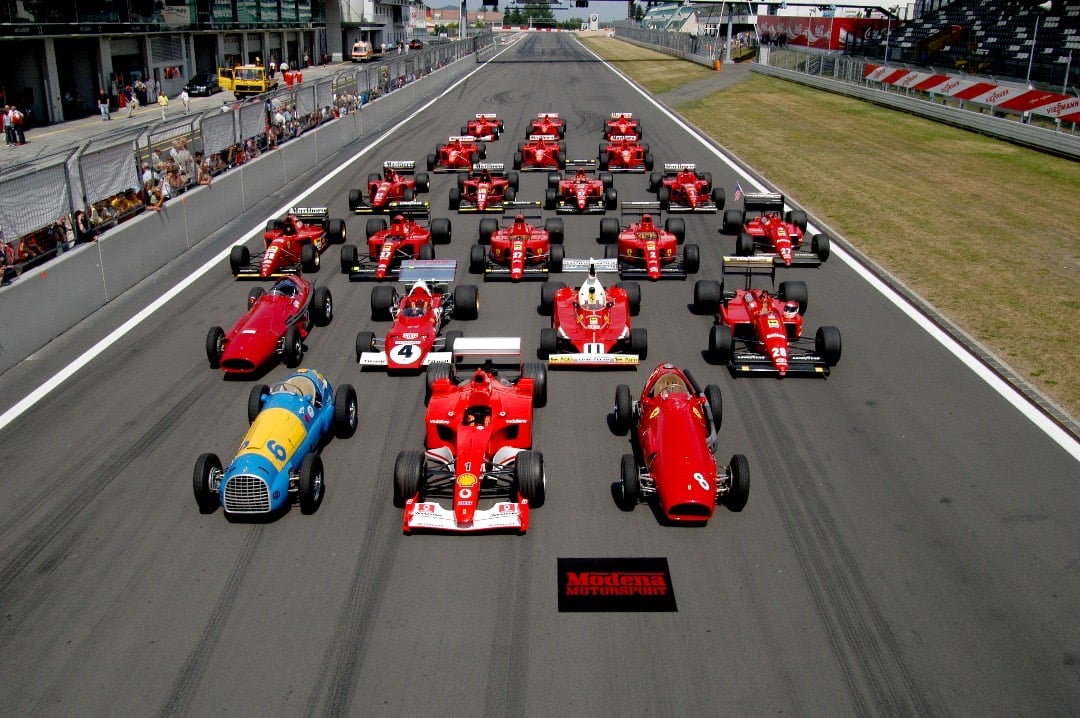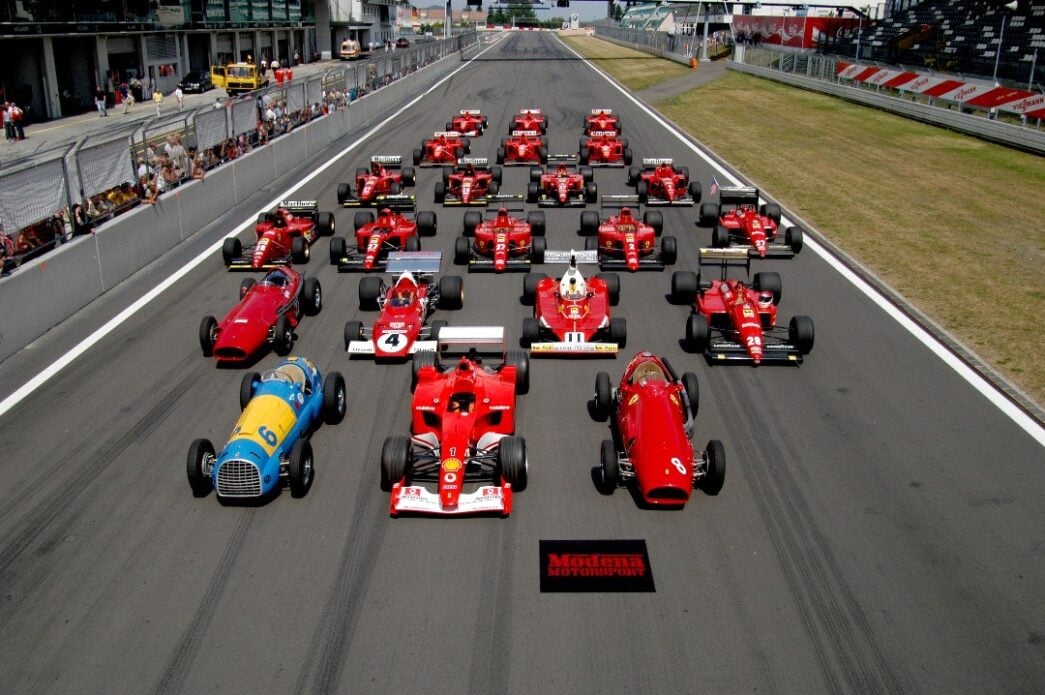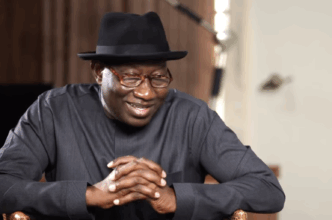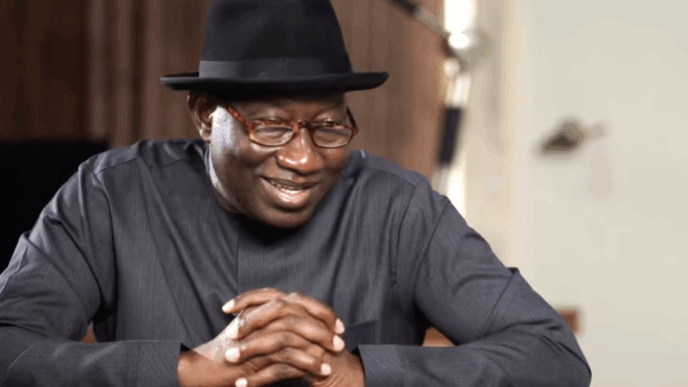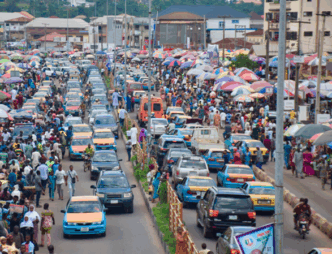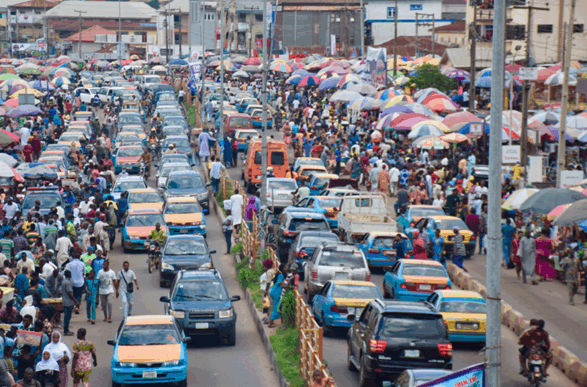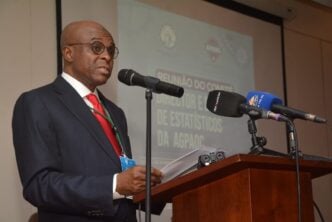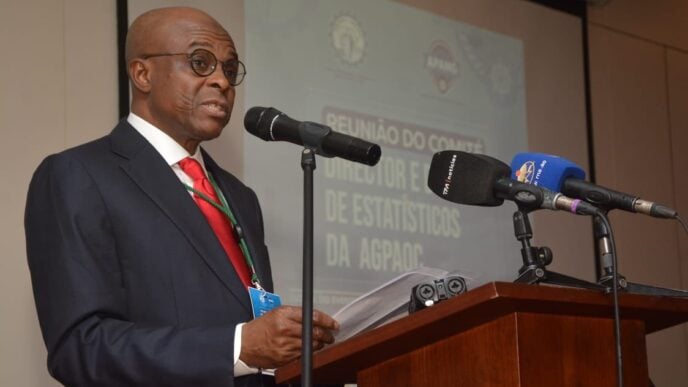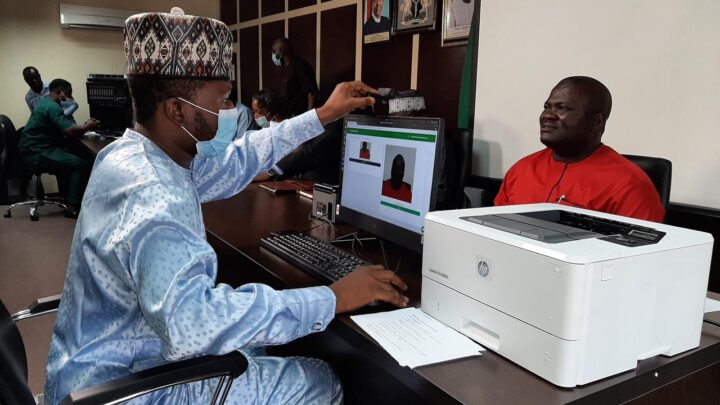BY THELMA JULIUS
Across the world, countries that have hosted Formula 1 did not do it merely for sport. They did it for transformation.
The Grand Prix has become a powerful strategic tool for governments to accelerate infrastructure development, attract foreign direct investment, boost tourism, and reshape national identity. Nations that looked beyond the race and saw the broader potential are now enjoying long term gains. Nigeria now stands at the threshold of that same opportunity.
Singapore is a prime example. Before hosting its first Formula 1 night race in 2008, many doubted its feasibility. But Singapore invested in infrastructure, tourism, lighting, and security. The Marina Bay Street Circuit soon became iconic. The race drew over 100,000 tourists annually, generated billions in revenue, and strengthened Singapore’s global image as a modern, secure, and innovative hub.
The United Arab Emirates also leveraged the Abu Dhabi Grand Prix to signal its evolution beyond oil. The Yas Marina Circuit created thousands of jobs and sparked a tourism boom. It catalyzed growth in real estate, education, aviation, and technology, placing the UAE firmly on the map as a global hub for sports and international business.
Advertisement
Even smaller economies like Azerbaijan used Formula 1 strategically. Before joining the race calendar, Baku was not widely known. But smart urban development and international media exposure transformed the city’s global image and stimulated its economy.
Nigeria, Africa’s largest economy and most populous nation, has even more potential. With a vibrant youth population and global leadership in music, film, fashion, and technology, a Formula 1 race in Nigeria would be more than a sporting event. It would be a global declaration that Nigeria is ready to lead, open for investment, and capable of hosting world class events.
Under President Bola Ahmed Tinubu’s Renewed Hope Agenda, Nigeria is already undergoing bold reforms in infrastructure, energy, the digital economy, and investment climate. This is the ideal moment to integrate those efforts into a compelling global narrative by bidding for a Formula 1 Grand Prix.
Advertisement
The benefits go far beyond the race weekend. A modern racetrack in Lagos or Abuja would accelerate investment in roads, airports, rail networks, hotels, hospitals, retail centers, and media platforms. It would create thousands of jobs and expose Nigerian youth to careers in engineering, event management, hospitality, and international sports administration. Local businesses would benefit from increased tourism, and Nigerian culture would shine on a global stage.
Financially, the returns are immense. For instance, the Miami Grand Prix generates about $2 billion every race weekend. The Singapore Grand Prix has generated over $1.5 billion in cumulative economic benefits since inception. The British Grand Prix at Silverstone attracts nearly 500,000 fans yearly, contributing hundreds of millions of pounds to the United Kingdom economy. Hosting such an event in Nigeria would unlock massive foreign direct investment, boost hospitality and aviation revenues, and stimulate long term economic activity across multiple sectors.
Strategic funding through public private partnerships would ease the financial burden. Local banks, global investors, and corporate sponsors would compete to associate with the first Formula 1 race in West Africa. Key players in telecoms, oil and gas, aviation, and consumer brands would benefit from unprecedented visibility.
Formula 1 also brings soft power. It changes the global narrative about a nation. For Nigeria, which has often been unfairly portrayed in international media, this is a chance to showcase its strengths, creativity, resilience, leadership, and ambition.
Advertisement
It is also a matter of continental leadership. No African nation currently hosts a Formula 1 race. Nigeria, with its scale, reach, and global reputation, is in the best position to change that. While Rwanda’s bid is commendable, Nigeria offers the international weight and audience that Formula 1 is actively seeking.
Our music is global. Our fashion is celebrated. Our cinema is thriving. It is time for our infrastructure and tourism to follow. Formula 1 is not just a race. It is a platform for transformation.
The world is watching. Nigeria must act now.
Advertisement
Views expressed by contributors are strictly personal and not of TheCable.
